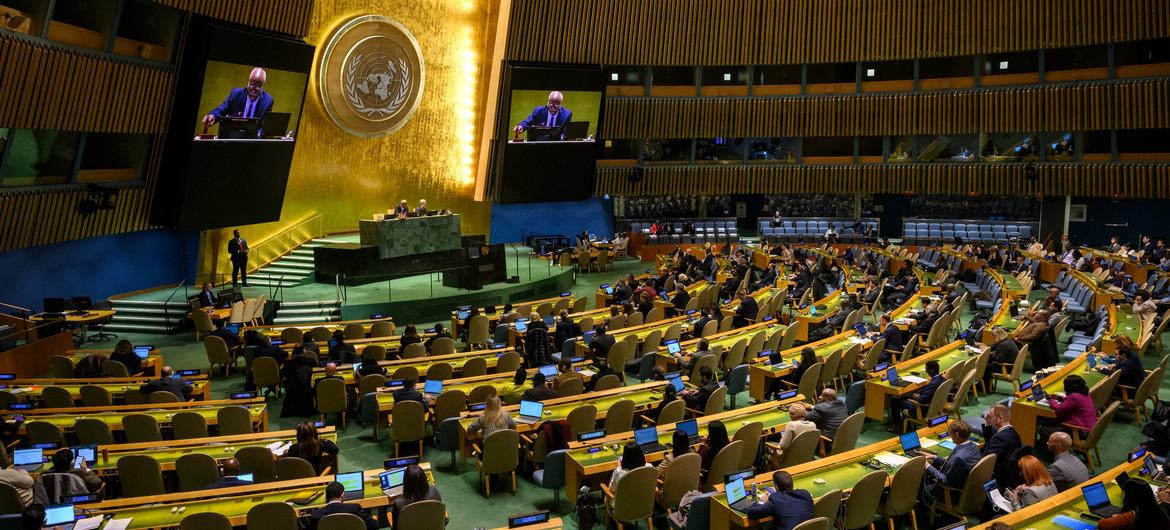
On December 24 in New York (December 25, Vietnam time), the United Nations General Assembly unanimously adopted the UN Convention on Cybercrime.
Under Article 64 of the Convention, it will be open for signature in Hanoi in 2025, officially titled the “Hanoi Convention.”
This landmark convention is the culmination of nearly four years of intense negotiations and reflects the international community’s commitment to addressing the escalating challenges in cyberspace. While digital technology has offered limitless potential for human advancement, it has also introduced risks that threaten the sustainable development of nations worldwide.
The alarming rise in cybercrime - both in complexity and impact - resulted in an estimated $8 trillion in global economic losses in 2023, a figure projected to reach $10.5 trillion by 2025. These losses exceed the GDP of many of the world’s largest economies.
In response, the “Hanoi Convention” establishes a comprehensive legal framework to foster international cooperation and uphold the rule of law in cyberspace.
A testament to Vietnam’s global standing
The decision to hold the treaty’s signing ceremony in Hanoi marks a historic achievement for Vietnam's multilateral diplomacy and 47 years of its partnership with the United Nations.
This is the first time a Vietnamese location has been associated with a global multilateral treaty in a field of critical global interest. The choice underscores Vietnam's rising international stature and its active, responsible, and substantive role throughout the negotiation process.
Hosting the signing ceremony also positions Vietnam as a trustworthy and responsible member of the international community, emphasizing its commitment to multilateralism and global digital governance. It offers Vietnam an opportunity to lead efforts in securing cyberspace sovereignty and enhancing global cybersecurity frameworks.
Furthermore, the “Hanoi Convention” aligns with Vietnam’s strategy for digital transformation, paving the way for the nation to thrive in a new era of technological advancement and innovation. This step reflects Vietnam's ambition to implement the Politburo’s Resolution No. 57-NQ/TW on scientific breakthroughs, technological innovation, and national digital transformation.
The UN Cybercrime Convention consists of nine chapters and 71 articles, the result of continuous negotiations from 2021 to 2024. It represents the first comprehensive multilateral legal framework to tackle cybercrime since the 2004 UN Convention on Transnational Organized Crime.
The “Hanoi Convention” is poised to be a vital tool for the international community, ensuring robust cooperation against cybercrime while promoting sustainable development in an increasingly digital world.
Tran Thuong